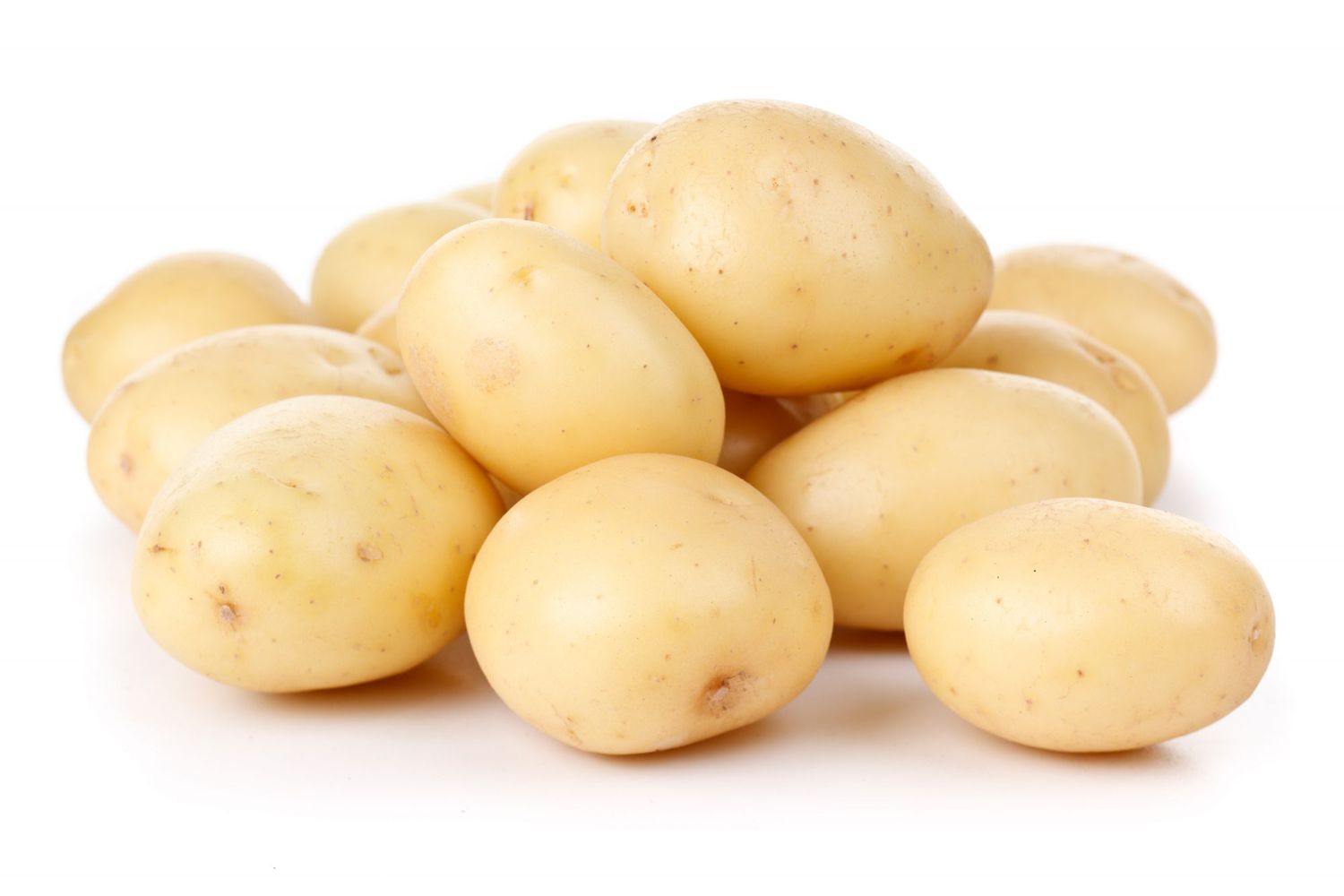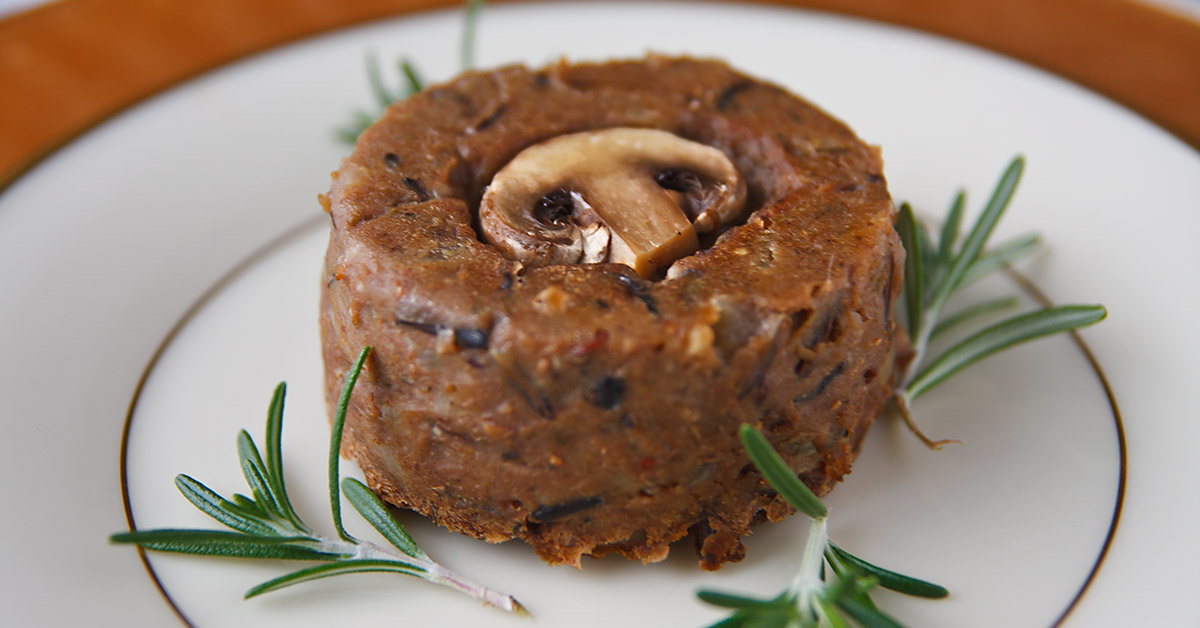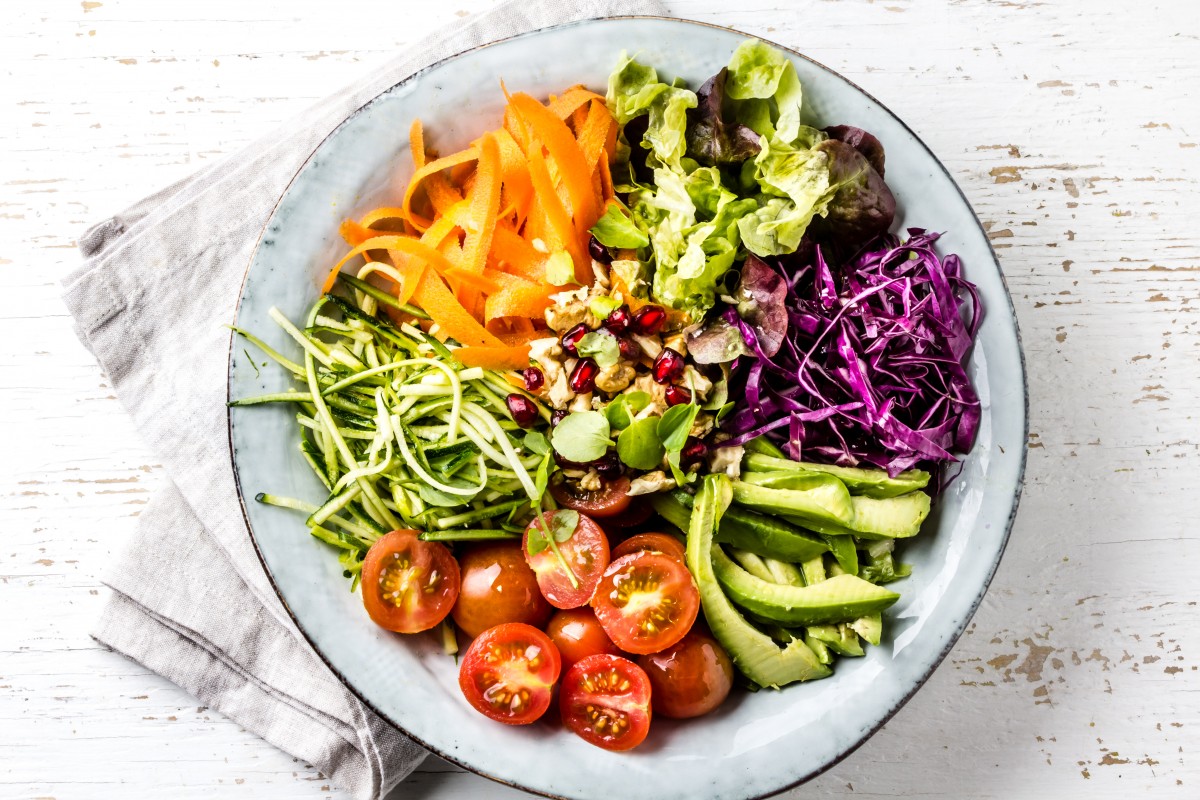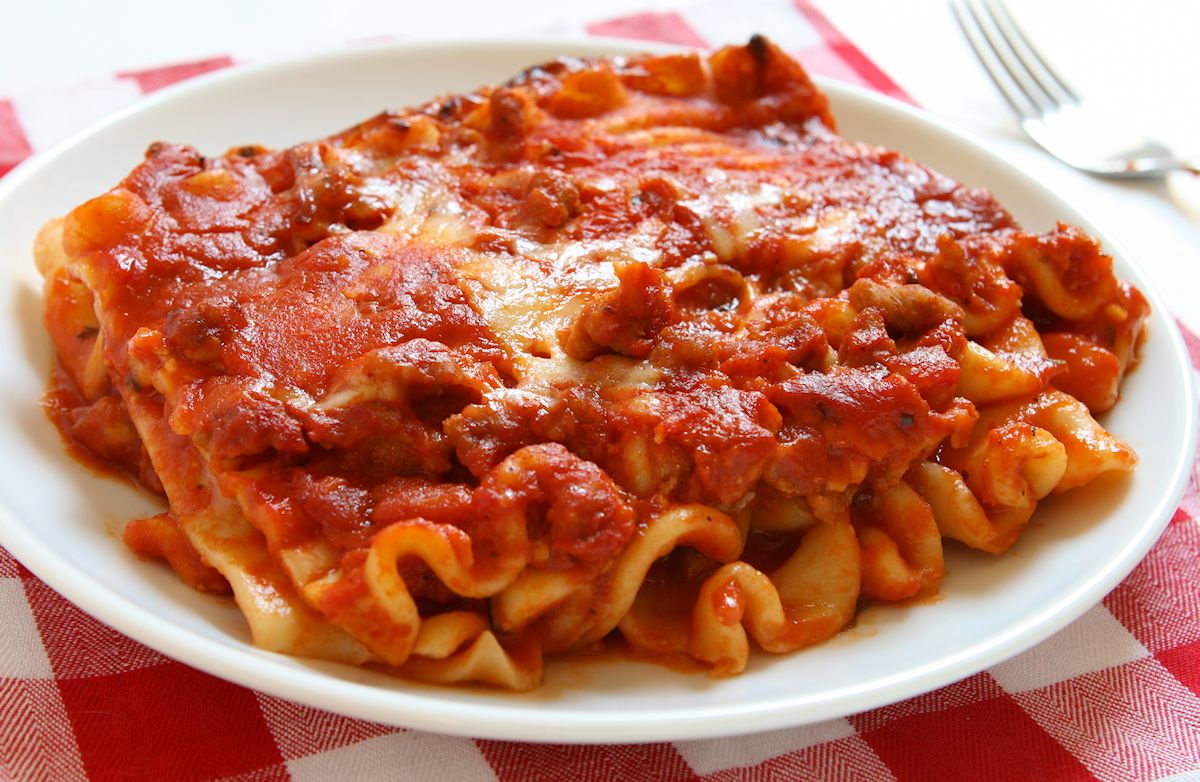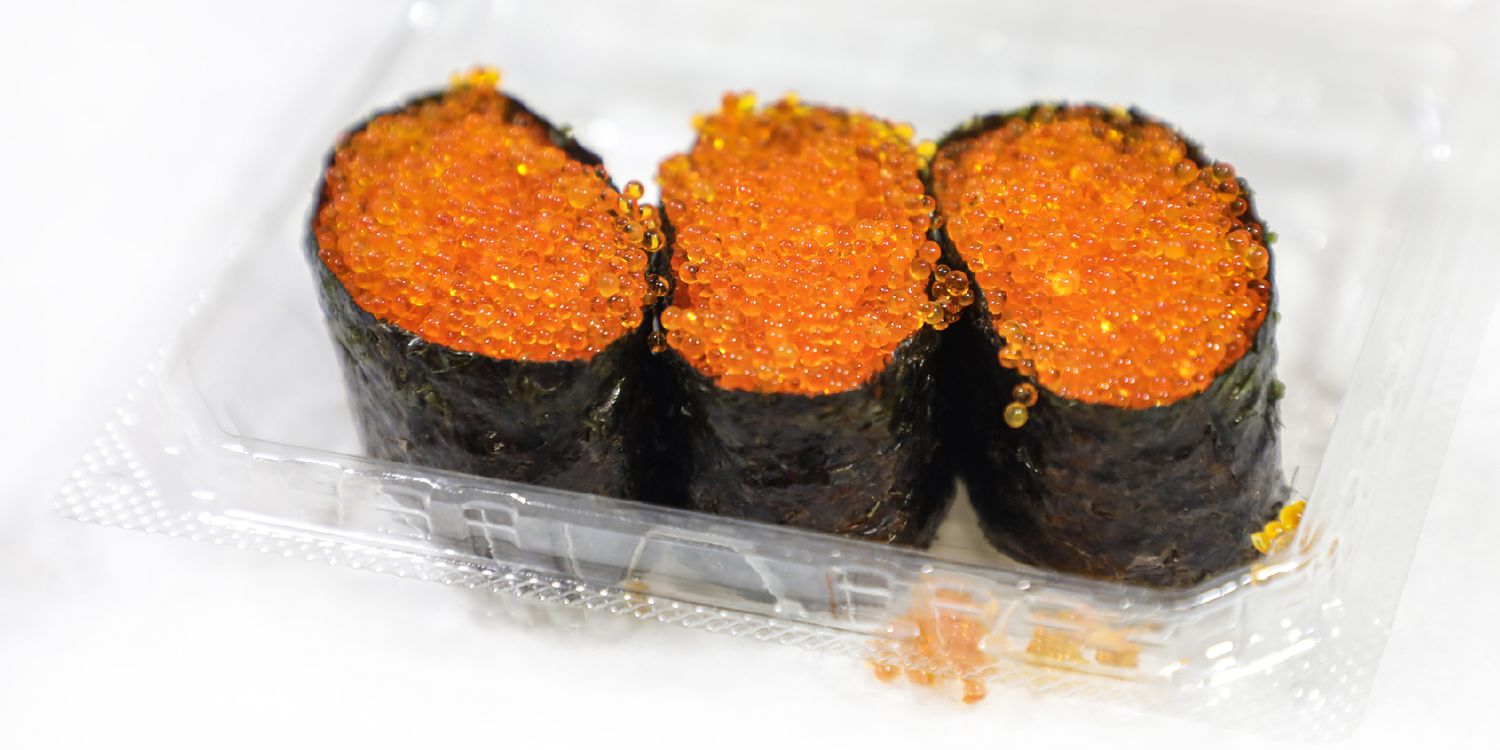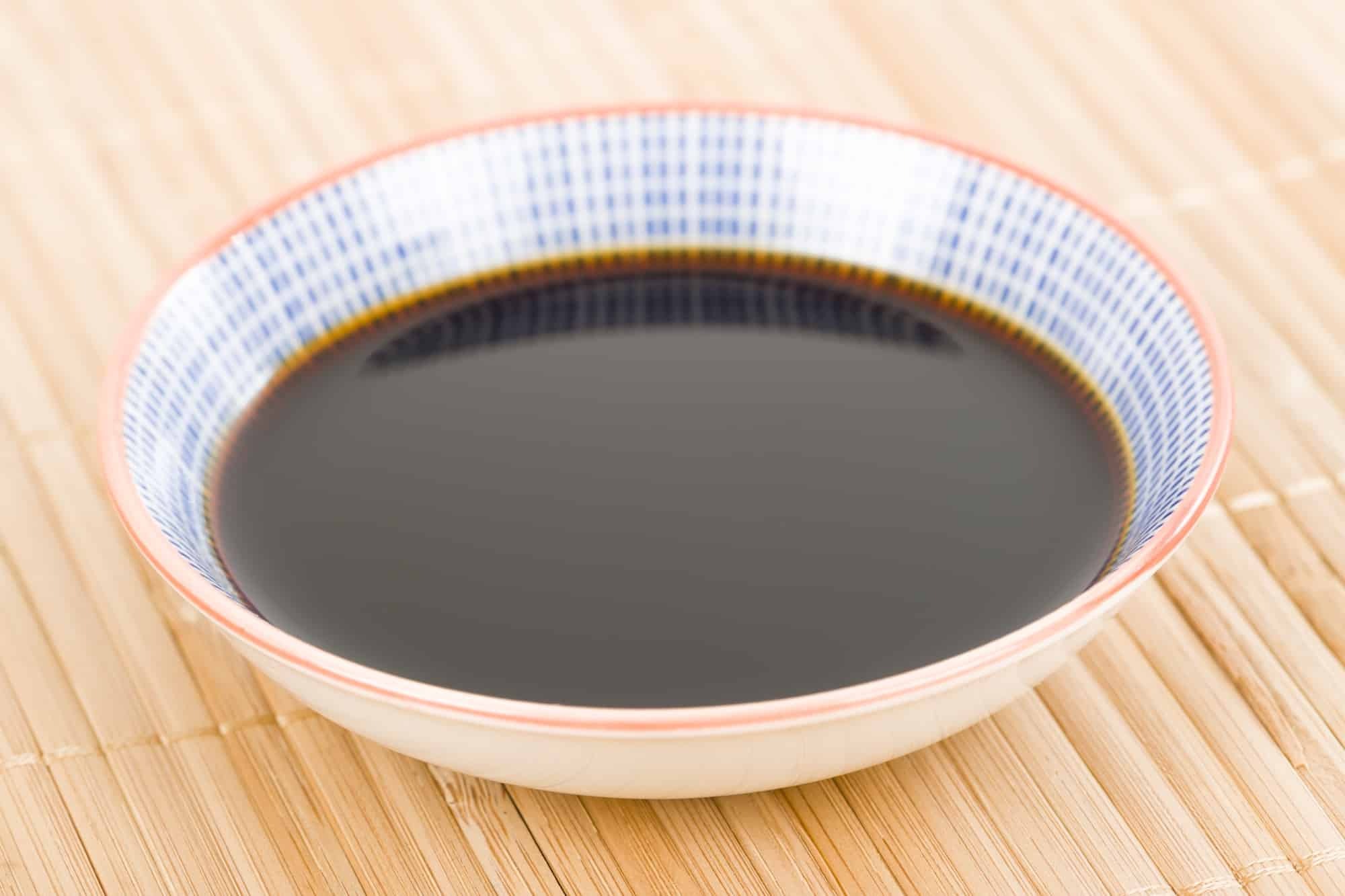When you're cooking, you may have come across a term that sounds a bit unappetizing: scum. But what exactly is scum in cooking, and why does it matter? Let's dive into this culinary topic and explore what scum is, why it forms, and how to deal with it in the kitchen.
Understanding Scum in Cooking
Scum refers to the foam or layer of impurities that can develop on the surface of liquids, such as stocks, soups, and stews, during the cooking process. This foam is often comprised of proteins, fats, and other substances that are released from the ingredients as they are heated. While the term "scum" may not sound very appetizing, it's a natural occurrence in cooking and can be managed with the right techniques.
Why Does Scum Form?
There are a few reasons why scum forms during the cooking process:
-
Protein Coagulation: When proteins in ingredients like meat or poultry are heated, they can coagulate and rise to the surface, forming foam or scum.
-
Fat Emulsification: Fats and oils in the ingredients can also emulsify and create a layer of foam on the liquid's surface.
-
Impurities Release: Other impurities and particles from the ingredients can be released during cooking, contributing to the formation of scum.
Dealing with Scum in the Kitchen
While scum may not look very appealing, it's not harmful and can be managed with a few simple techniques:
-
Skimming: Use a ladle or a fine-mesh skimmer to carefully remove the scum from the surface of the liquid as it cooks. This can help to keep the final dish clear and free of any unwanted foam.
-
Adding Acid: Adding a small amount of acid, such as vinegar or lemon juice, to the cooking liquid can help to coagulate proteins and reduce the formation of scum.
-
Gentle Cooking: Avoid rapid boiling, which can agitate the ingredients and lead to more foam formation. Instead, opt for gentle simmering to minimize scum.
-
Quality Ingredients: Starting with high-quality, fresh ingredients can help reduce the amount of impurities that are released during cooking, resulting in less scum.
The Importance of Managing Scum
While scum may seem like a minor nuisance, managing it in the kitchen can have a positive impact on the final dish:
-
Clarity: Removing scum can result in a clearer, more visually appealing liquid, such as a pristine broth or stock.
-
Flavor: Excess scum can sometimes contribute off-flavors to the dish, so skimming it off can help improve the overall taste.
-
Professional Presentation: For chefs and home cooks alike, managing scum demonstrates attention to detail and a commitment to producing high-quality dishes.
In Conclusion
While scum may not be the most glamorous aspect of cooking, understanding what it is and how to deal with it can elevate your culinary skills. By employing simple techniques like skimming and gentle cooking, you can ensure that your final dishes are free of unwanted foam and impurities, resulting in clearer, more flavorful creations. So, the next time you encounter scum in your cooking, you'll know just how to handle it like a pro.
Was this page helpful?
Read Next: What Is A Queso Fresco Substitute
